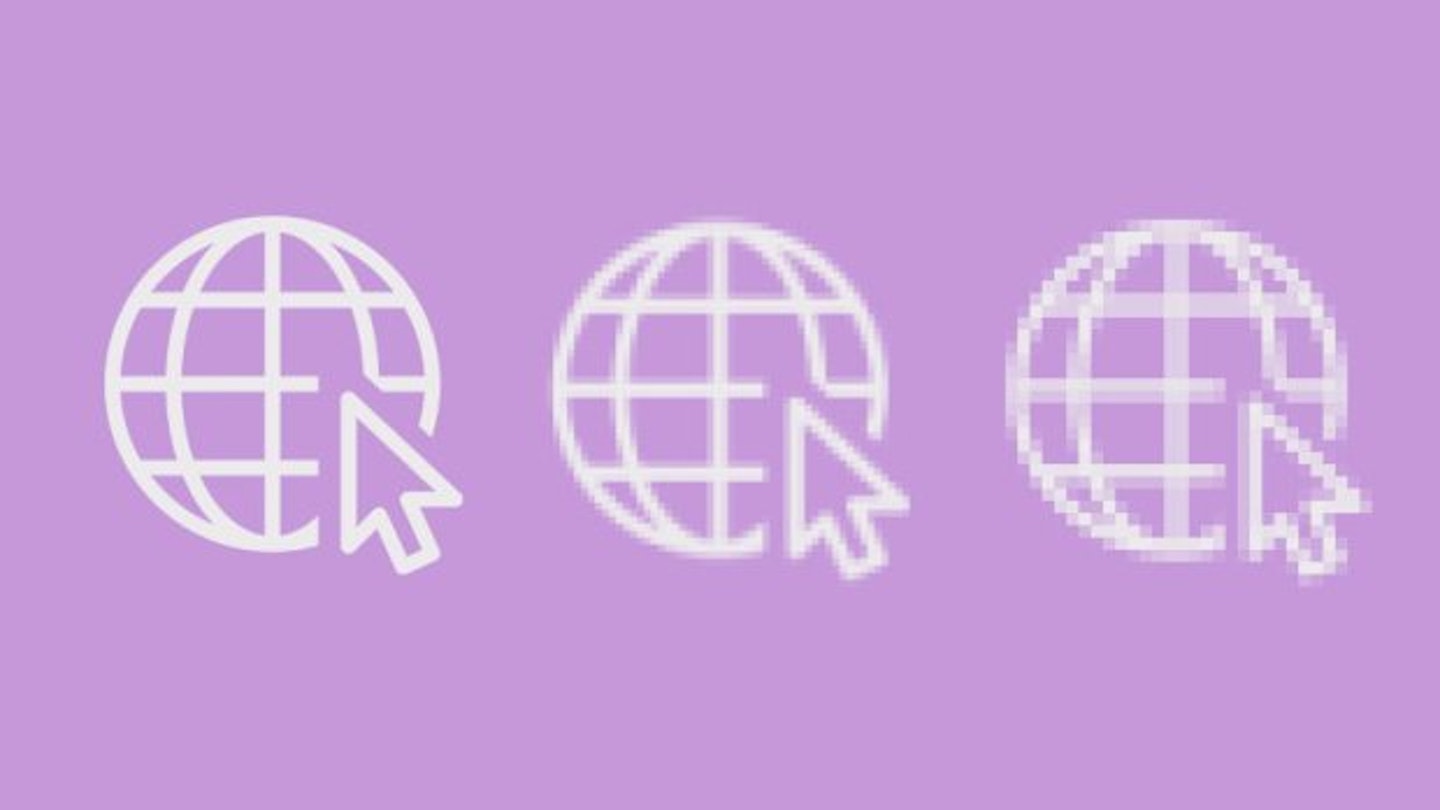After an editor has been sacked from his role, what are we all meant to do? Being an arse online is a thing a lot of people online do, and while many of us have long known not to troll individuals by sending them hate speech or threats, what about the stuff we said which was stupid at best, offensive and hateful at worst?
Well, if you’reZoella, the popularvlogger, you delete your old homophobic/classist tweets and all is mostly well, bar a few fans getting cross.
But if you’re Josh Rivers, the first BME editor of Gay Times magazine, you get the sack. He was confronted with a litany of, wait for it: sexist, racist, classist, fat-shaming, anti-Semitic and ableist tweets during an interview with Buzzfeed and then deleted a few of them. Following a suspension and investigation from Gay Times, who he’d previously worked for as a marketing manager, he has been sacked from the role.
WATCH NOW: How Much Time Do You Spend On Social Media?
The magazine put out a statement reading: ‘We sincerely apologise for the offence that has been caused, particularly to those members of our wider community to whom such inappropriate and unacceptable commentary was the focus. Gay Times does not tolerate such views and will continue to strive to honour and promote inclusivity.’
Meanwhile, Josh, who is perhaps shifting the blame a bit, said in his statement:
And of course, in response to that, he’s had to deal with racism and homophobia himself. The cycle goes on.
And it’s a lot to negotiate, because while it’s 100% certain that most of us haven’t been as awful as he has been on social media, it might be ridiculous to say that, as we grow, our previous selves as recorded online live up to the high standards we now set for ourselves. We might not have been rude, but have we been perfect?
One way to ape perfection is to, like Zoella, go back and delete all our previous missteps, the stuff we said when we thought no-one was looking, the stuff we said before life, and social media helped us to un-learn bigotries we’d previously flaunted.
The Debrief caught up with psychotherapist Aaron Balick, who authored The Psychodynamics of Social Networking: Connected Up Instaneous Culture of the Self, to find out what he thinks. Not only does he teach counsellors and psychotherapists good social media etiquette, but he has studied how people behave on social media.
First off, he reminds us that whatever you say will actually be looked at by future employers, especially now that more employers are more social media savvy: ’I train counsellors and psychotherapists on the use of social media, and what I say to them is that when you do any public social media, you should do it while imagining every former, present, and future client can and will read it. Then I ask them to have a look at their Twitter feed (if they have one, many therapists do not as a rule) and do an audit. To check their feed and see if they feel comfortable with what they read on it.’
The increase in the chance of your future boss being savvy to social media is down to the fact the digital generation is growing up and holding positions of more responsibility. That goes for them and us, though: ‘In general I think the fear about employers came at a time when the employers were all digital immigrants and employees were all digital natives, and there was a gap of intergenerational understanding. Considering that digital natives are generally seen to be born around 1980, many natives are approaching 40 and are also employees. Because of this, they are likely to be much more forgiving because they themselves also have a digital past. That being said, there’s a big difference between a photo of you drunk dancing on a table, or you being seen saying something racist, misogynist, fatist, or whatever.’
And of course, the impact of your social media profile directly relates to the field of work you’re working in because some employers will give a crap, others won’t: ‘The level of oversight will depend on the profession you go into. For many professions, the expectation of good behaviour will be quite high. My advice would be that if you are moving into the professional world, you should do an audit of yourself. Google yourself and see what’s out there. Remove things you wouldn’t want an employer to see. If there is material that cannot be removed, then you may need to explain yourself.’
Dr Balick concludes: ‘We all make mistakes when we are younger, and some of these mistakes are worse than others. There is a line that can be overstepped - and proclamations about people’s race, size, gender, ethnicity, or whatever is one of those mistakes. We hope we can learn from our mistakes - but once they are indelibly marked on our digital dossier, we can't assume that others will believe that we have.
The long and short of it? Clean up your social media, remember that anyone really can and will see it, but also note that, if we all recognise our mistakes, we can learn to be forgiving - within reason - of others. And maybe let’s think about who gets off scot-free while others don’t…
You might also be interested in:
Monica Lewinsky Taught Us Everything About Social Media Shaming
Follow Sophie on Twitter @sophwilkinson
This article originally appeared on The Debrief.
